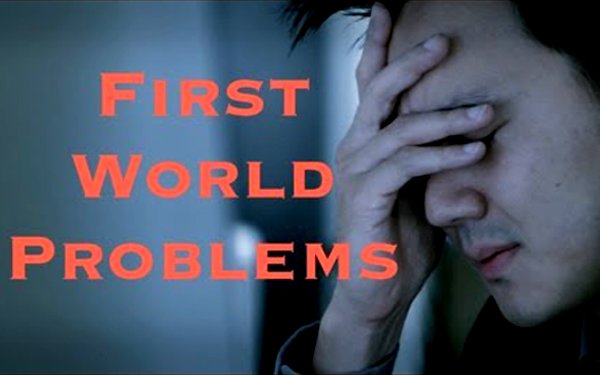Peter Enns recently voiced a frustration shared by many Christian scholars with the anti-intellectualism that is widespread in the Evangelical movement. His complaint is that Evangelicals reject scholarship that fails to confirm their beliefs and validate their biases. Borrowing an idiom from Mark Noll, Enns writes, “The scandal of the Evangelical mind is that degrees, books, papers, and other marks of prestige are valued—provided you come to predetermined conclusions.” The effect of this scandal is that Christian scholars working in the academic mainstream and producing quality research are shunned whenever that research seems to undermine Evangelical dogma. Instead, Evangelicals patronize faux academics, like Ken Ham or David Barton, who provide the “right” answers by playing fast and loose with the facts. Therefore, even though Evangelicals are attaining higher levels of academic achievement, there is a perverse incentive for them to keep a low profile: “Calling for Evangelical involvement in public academic discourse is useless if trained Evangelicals are legitimately afraid of what will happen to them if they do.”
Warren Throckmorton and Fred Clark fleshed this issue out a bit in posts responding to Enns. Throckmorton describes how after he debunked David Barton’s The Jefferson Lies, one of Barton’s associates compared him to Hitler. He writes, “That kind of thing is shocking but I am mostly numb to it after years of this give and take. However, I think most academics are a little skittish about such vitriol over doing what academics do.” Meanwhile, Clark believes that Christian academics “have to keep quiet, because if they say in public what they know — what they know to be true — they’ll wind up in trouble with members of their congregation or with donors to their institution or with the evangelical customers of their publishing house.”
These are fine observations. They’re legitimate concerns, after a fashion. But let’s be real. These are #FirstWorldProblems if I ever saw any. Being critical of a group’s deeply held beliefs tends to make you unpopular with that group. When you’re unpopular with a group, they might not want to pay for you to keep saying and doing the things that made you unpopular with them. Is that an epistemically virtuous way to behave? Certainly not. But these Christian academics have some awfully delicate feelings. If the possibility of being compared to Hitler keeps you from doing your job, you must not spend much time on the internet. And while I think anyone who is doing valuable academic work deserves to be compensated for their efforts, I wouldn’t say they’re entitled to the financial support of any particular community. What about intellectual courage? A devotion to the pursuit of knowledge that transcends the pursuit of fame or wealth? Cheer up, Christian Intellectuals, Gramsci and St. Paul both did some of their best work from prison.
I’m not defending Evangelical anti-intellectualism. I believe it’s a real and destructive phenomenon that damages our witness and leaves many Evangelicals with a diminished capacity for human flourishing. But the path forward, toward reforming the intellectual attitudes of the Evangelical masses, does not lie through the disdainful diatribes of disgruntled academics. All attempts at browbeating will be met with ever stronger resistance. Defensive subcultures thrive on the disdain of those who think themselves superior. Subcultural authority is derived and sustained by the constituency’s distrust for the snobbish experts in their ivory tower. Every dismissive word only strengthens the anti-intellectual apparatus.
To make progress against anti-intellectualism, the Christian intelligentsia needs to engage in some active listening. The objective in every dialogue should be to understand and defuse the underlying concerns. To borrow one of Clark’s examples, the average Evangelical pew-sitter doesn’t care who wrote 2 Timothy. What they really care about is the authority of Scripture and the trustworthiness of the Christian faith. The reason the authorship of 2 Timothy is a third-rail topic is because it is serving as a proxy for their true concerns. The underlying issues have to be dealt with before a constructive conversation can be had. An approach to intellectual evangelism that takes into account that not everyone is built for the life of no-holds-barred free inquiry would be both more charitable and more effective.













